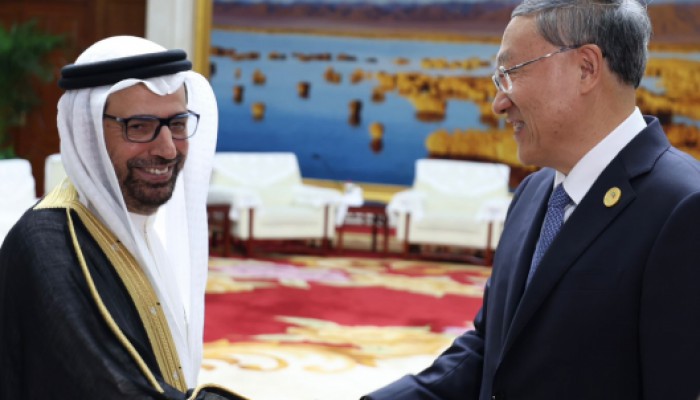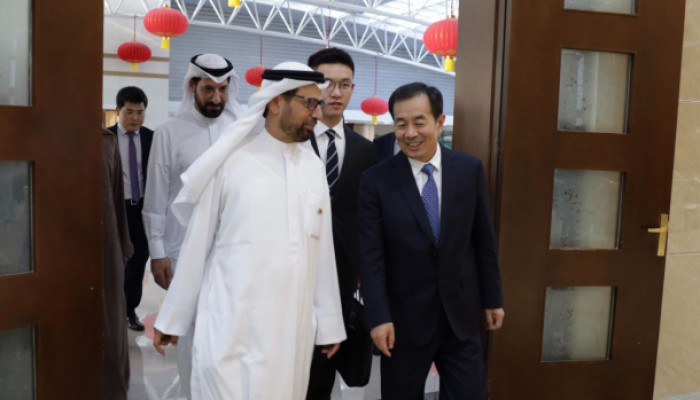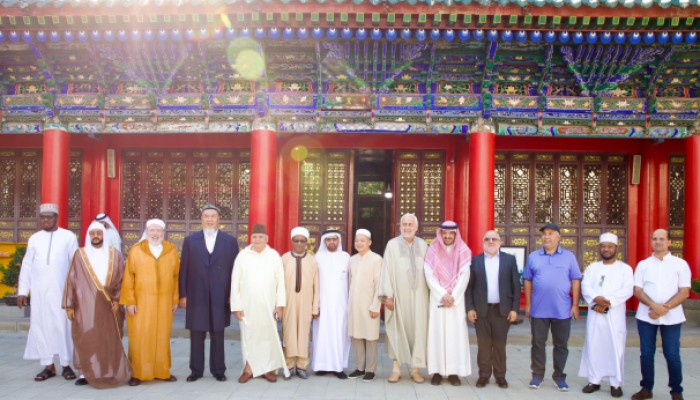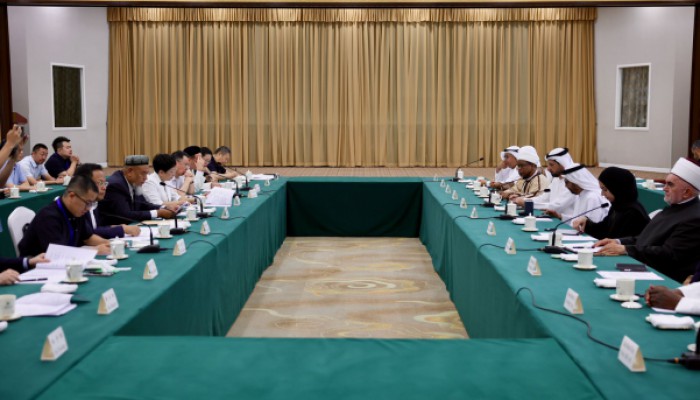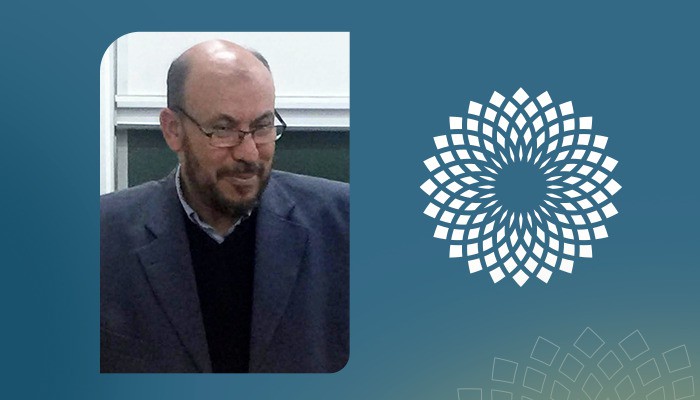
Dr. Mohamed Shahid: Ramadan is Month of Scientific and Ethical Construction
- 2021-Apr-19
Among the virtual Ramadan lectures, The World Muslim Communities Council organized, on Monday April 19, 2021, a virtual lecture entitled "Purposes of Fasting", in which Dr. Mohamed Shahid, professor at Mohammed I University in Oujda, Morocco, spoke via the Council's social media pages.
Dr. Mohamed Shahid said that Ramadan is an opportunity to conduct a careful review of our life and renew our connection with Allah Almighty, stressing that the first and original purpose for which fasting was prescribed is piety, with othersubordinate purposes. He said that the holy month is the month of scientific and ethical construction.
He explained that breakfast should be worship not just habit, enjoying the family atmosphere, and promotion of understanding and dialogue. He is listing the virtues of Ramadan as the month of faith, piety and repentance, calling for the recitation of the Holy Quran, supplication and be close to Allah, as Ramadan is considered an opportunity for victory over the soul.
Dr. Shahid also stressed that Ramadan is the month of good deeds, to serving community and nation, pointing to the need for good treatment and civilized behavior, and to bring ease, mercy and tolerance in these blessed days.
It is noteworthy that the World Muslim Communities Council is an international non-governmental organization, headquartered in the UAE capital Abu Dhabi. It is considered a think tank to rationalize organizations and societies working in Muslim societies, renew their thinking and improve their performance in order to achieve one goal; The integration of Muslim societies in their countries, in a way that their members realize the perfection of citizenship and complete affiliation with the Islamic religion. The council seeks, through holding dozens of virtual conferences, seminars and activities, to localize the concepts of religious, ethnic and cultural pluralism, in a manner that preserves human dignity and respect for his beliefs, and establishes the values of moderation, dialogue, tolerance and belonging to the homelands.




